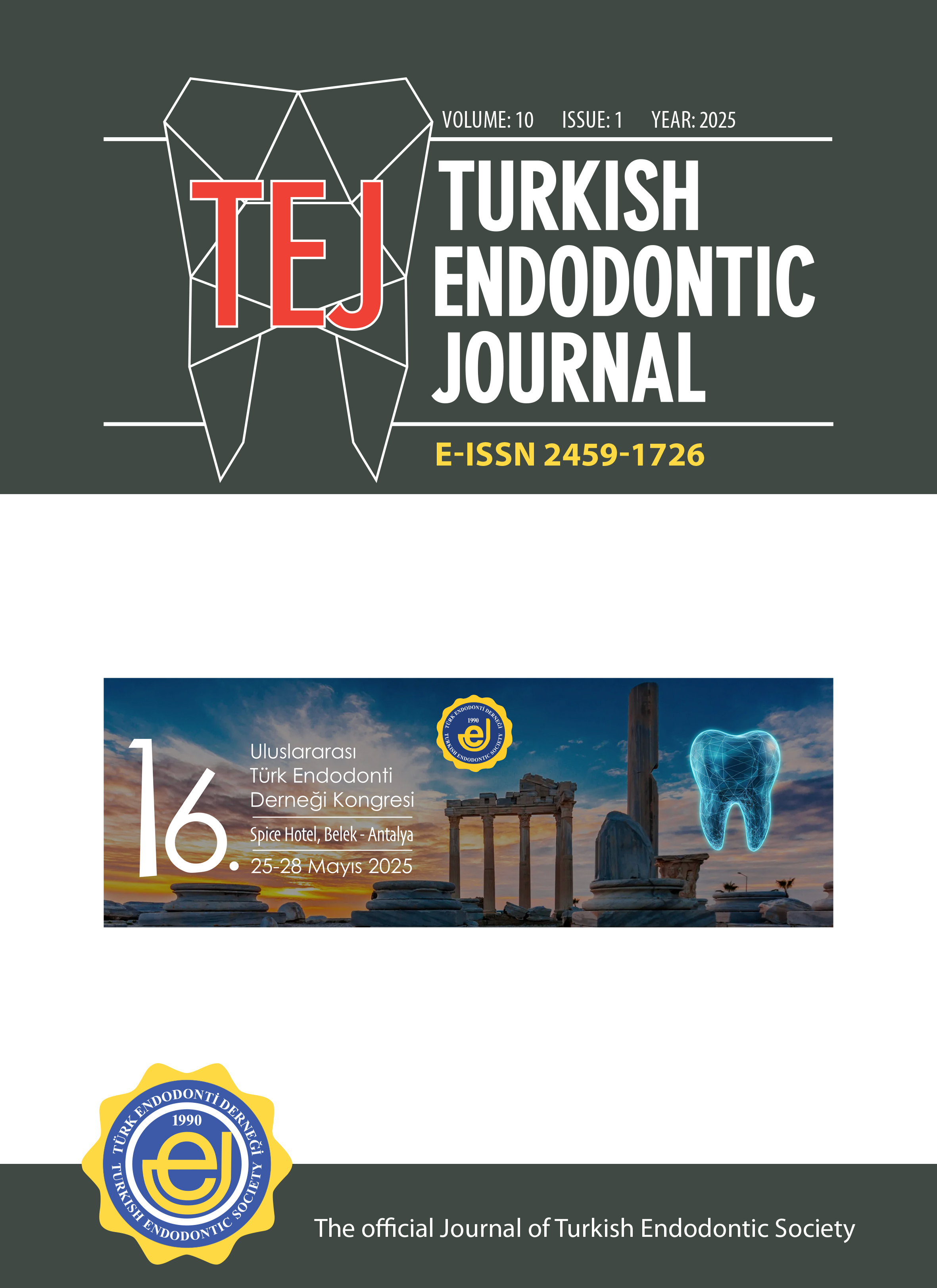Outcome of endodontic microsurgery performed by postgraduate students: A retrospective study
Saad Al-nazhan1, Lamia Alohali1, Dalia Alharith1, Nassr Al-maflehi21Division of Endodontics, Department of Restorative Dental Science, Riyadh Elm University College of Dentistry, Riyadh, Saudi Arabia2Division of Biostatistics, Department of Preventive Dental Sciences, King Saud University College of Dentistry, Riyadh, Saudi Arabia
Purpose: The aim of this study was to survey the outcomes of endodontic microsurgeries performed by endodontic postgraduate residents.
Methods: Clinical and radiographic data of 70 patients who underwent endodontic microsurgery between January 2015 and March 2022 were collected through the clinical electronic system of the university clinics. Each patient was contacted for a follow-up appointment. Clinical and radiographic examinations were performed for each patient, and the success rate and tooth survival were analyzed.
Results: Sixteen patients (24 teeth), mostly female, attended the follow-up appointments with an average follow-up period of 18 months. Most of those who did not show up had no problem and some did not respond, while the rest changed their addresses and others were not interested in attending. Persistent periapical infection followed by overfilling was the most common reason for periapical surgery. All teeth (100%) survived. Out of 18 maxillary teeth, complete healing was observed in 44.4% and incomplete healing in 44.4%, whereas only 33.3% of six mandibular teeth displayed complete healing and 66.7% had incomplete healing. The combined success of complete and incomplete healing was 91.66%. However, the distribution of the outcome levels within each location, maxillary and mandibular, showed no significant difference (p > 0.05).
Conclusion: A predictable high success rate of endodontic microsurgery treatment performed by endodontic postgraduate residents of complete and incomplete healing was achieved.
Manuscript Language: English


















